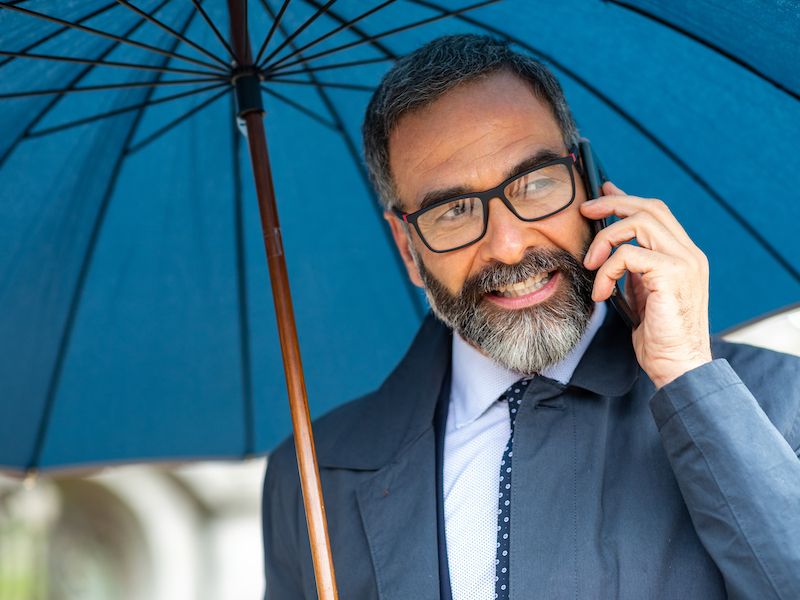
John’s been having problems hearing at work. But he thinks it’s probably everyone else not speaking clearly. Besides, he believes he’s too young to need hearing aids, so he hasn’t gone in for a hearing exam and has been steering clear of a hearing test. Unfortunately, he’s been cranking up the volume on his earbuds in the meantime and doing significant harm to his hearing. So, sadly, his denial has stopped him from getting help.
But John’s perspective is older than he recognizes. Because the stigma around hearing loss is becoming less prevalent. While in some groups, there’s still a stigma about hearing loss, it’s far less apparent than it used to be, especially with younger people. (Isn’t that ironic?)
What Are The Problems With Hearing Loss Stigma?
The social and cultural connections with hearing loss can be, to put it simply, false and not helpful. For many, loss of hearing may be viewed as a sign of old age or a loss of vitality. People are commonly concerned that they may lose social standing if others know they suffer from hearing loss. Some may think that hearing aids make you appear old or not as “cool”.
This issue might be thought of as irrelevant and not associated with reality. But for individuals who are attempting to deal with loss of hearing there are some very real repercussions. Here are some examples:
- Obstacles in your occupation (Maybe you were attending a meeting and you missed some essential facts).
- Avoiding hearing loss treatment (resulting in less than optimal results or unnecessary struggling).
- Setbacks in your relationships (Your not just tuning people ot, you just can’t hear them very well).
- Job hunting problems (it’s sad to say, but some people may be prejudiced against hearing loss even if it’s not entirely legal).
There are several more examples but the point is well made.
Luckily, changes are occurring, and it truly does seem as if the stigma around hearing loss is on its way out.
Why is The Stigma of Hearing Loss Declining?
There are numerous major reasons why hearing loss stigma is declining. Our connection to technology and also demographic changes in our population have started to alter how we experience devices like hearing aids.
It’s Becoming More Common For Young Adults to Have Hearing Loss
Younger adults are suffering from loss of hearing more often and that could certainly be the biggest reason for the decrease in the stigma connected to it.
Most statistical studies report the number of people with hearing loss in the U.S. about 34 million, which translates into 1 out of every 10 people. Most likely, loud noises from many modern sources are the leading reason why this loss of hearing is more widespread than it’s ever been.
As loss of hearing becomes more prevalent, it becomes easier to understand the stigmas and false information surrounding hearing problems.
We’re More Comfortable With Technology
Perhaps you resisted your first set of hearing aids because you were worried they would be an obvious sign that you have a hearing problem. But today hearing aids almost blend in completely. No one really even sees them. This is also, partly, because hearing aids are smaller than they ever used to be and in the majority of circumstances are very subtle.
But hearing aids also typically go unnoticed because these days, everyone has some technology in their ears. Technology itself is simply so pervasive (and individual) that no one bats an eyelash when you’ve got a small piece of practical technology yourself.
An Overdue Change in Thinking
Obviously, those two factors are not the only causes behind the retreat of hearing loss stigma. In recent years, loss of hearing has been depicted with more accuracy (and more humanity) in popular culture, and several prominent celebrities have come forward with their own hearing loss stories.
There will continue to be less stigma regarding loss of hearing the more we observe it in the world. Of course, now we want to do all we can to stop hearing loss. If we could determine a way to counter trends in youth hearing loss as we battle hearing loss stigma that would be optimal.
But more people will begin to be ok with seeing a hearing specialist as this stigma goes away. This will keep everybody hearing better and improve overall hearing health.